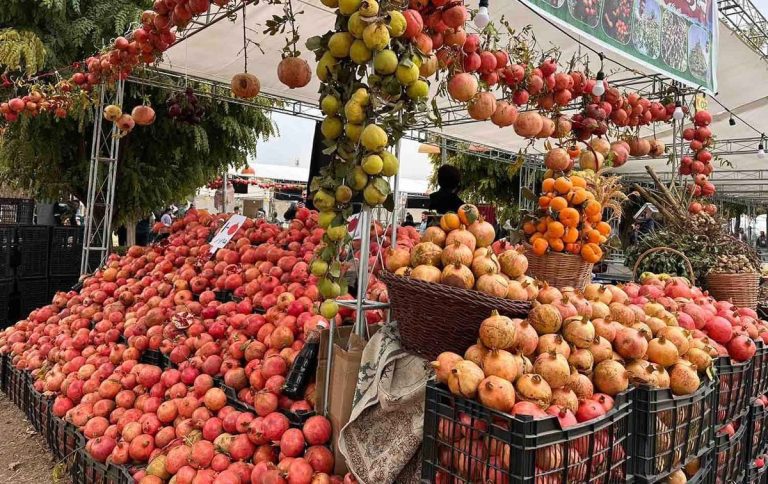🎧 Listen to This Article
KRG vs. Ankara & Tehran Over Import Tariffs
In a move to protect local agriculture, the Kurdistan Regional Government (KRG) has reignited concerns from neighboring giants Iran and Turkey after imposing tariffs on imported agricultural goods. While the policy was first introduced in 2015, the diplomatic and economic ripples are still unfolding today.
“Our farmers are in damage,” said Abdulsattar Majid, KRG Minister of Agriculture and Water Resources. “We can’t make independent political decisions unless we rely on our local production.”
The statement may have been made a decade ago — but its relevance echoes louder than ever in 2025, as the Kurdistan Region doubles down on economic self-reliance amid regional instability.
Why Tax Agricultural Imports?
The KRG introduced import taxes on agricultural products to shield local producers from being undercut by cheaper foreign goods, especially those flooding in from Turkey and Iran — the Region’s two largest trade partners.
Up to 80% of fresh produce and food supplies in the Kurdistan Region have historically come from Turkey and Iran.
By imposing tariffs, the KRG aimed to:
- Boost domestic farming
- Reduce dependency on neighboring countries
- Stabilize rural employment and food prices
- Assert greater economic autonomy in political negotiations
Economic Pushback & Regional Pressure
Turkey and Iran were swift to express concern. Their exporters, particularly small-to-midsize agribusinesses, were hit by higher entry costs, which risked losing their price edge in Kurdish markets.
“Their businessmen are concerned,” Majid said. “But our farmers are even more concerned.”
Key Trade Frictions:
- Turkey: Already locked in disputes with the KRG over energy and border control, sees the tariffs as a violation of mutual trade interests.
- Iran: Facing internal economic pressure, cannot afford to lose access to a key regional export market.
The result? A delicate dance between economic pressure and political diplomacy. If either country decides to restrict cross-border trade in retaliation, prices in the Kurdistan Region could skyrocket, further destabilizing a fragile economy.
Strategic Implications for the KRG in 2025 and Beyond
1. Food Security as Sovereignty
Majid’s central message — that political independence begins with agricultural self-sufficiency — resonates stronger in 2025. With global supply chains stretched, climate pressure mounting, and regional relations unstable, the KRG’s decision looks like long-term strategy, not short-term protectionism.
2. Balancing the Market
The Ministry has emphasized a flexible model: foreign imports will only resume when local products cannot meet demand or when prices spike beyond affordability. This balancing act aims to satisfy both farmers and consumers, while preventing market monopolies or shortages.
3. Diplomacy Through Trade
By asserting its right to control its markets, the KRG sends a message: Erbil is not a passive economic zone. It’s an active player, seeking equal footing in regional trade, not subservience.
What’s Next for Regional Trade Policy?
With ongoing talks between Erbil, Ankara, and Tehran, observers expect more sector-specific negotiations, likely with phased tariff adjustments and exemptions for seasonal goods.
Analysts suggest:
- Trade corridor diversification (via Jordan or Gulf States)
- Investment in cold storage & food processing
- Subsidies for small farmers to compete with foreign imports
The long-term goal? A sustainable, semi-autonomous agricultural economy that anchors the Region’s broader sovereignty ambitions.
For further details, clarification, contributions, or any concerns regarding this article, please contact us at editorial@tax.news. We value your feedback and are committed to providing accurate and timely information. Please note that our privacy policy will handle all inquiries



